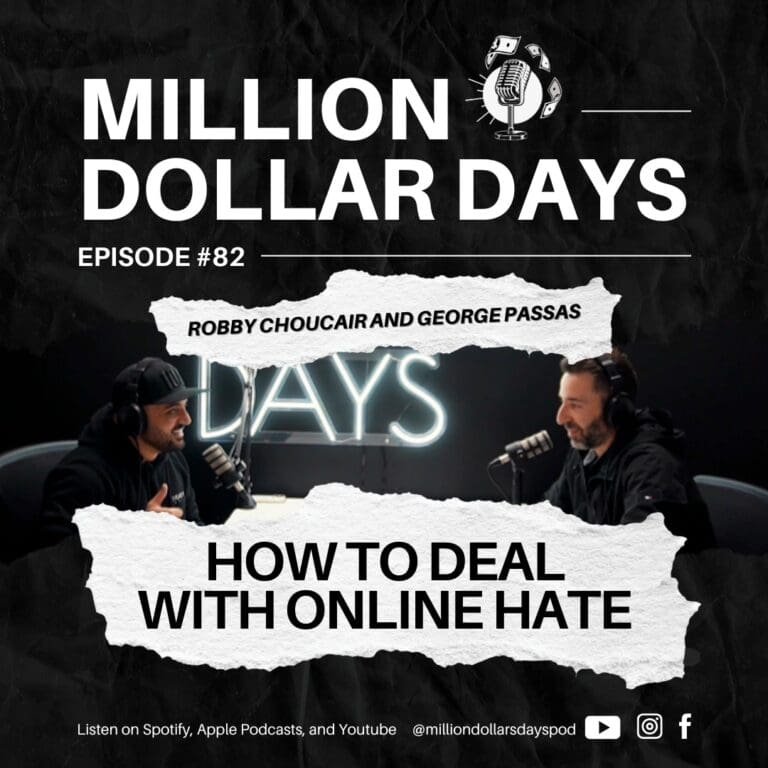In today’s digitally-connected world, putting yourself out there and building a personal brand inevitably attracts both support and criticism. Our recent podcast episode explored the psychological impact of online hate and practical strategies for maintaining your mental health when facing digital negativity.
The conversation began with a lighthearted exchange that quickly evolved into a serious discussion about dealing with online criticism. We’ve observed that different social media platforms cultivate different types of engagement. Platforms where users operate with their real identities (Facebook, LinkedIn, Instagram) tend to foster more civil discourse. Conversely, platforms that enable anonymity (YouTube, TikTok, Reddit) often become breeding grounds for harsh criticism and personal attacks. This distinction highlights how the architecture of digital spaces directly influences human behavior and the level of accountability users feel.
We examined the psychology behind why people leave negative comments in the first place. Often, trolls are experiencing something broken in their own lives. Think about the steps required to leave a hateful comment: you must consume the content, form a negative opinion, click into the comment section, type out your thoughts, and submit them. This multi-step process suggests an underlying emotional motivation beyond simple disagreement. Many of these individuals are jealous, vindictive, or acting out of their own insecurities. Understanding this perspective helps creators detach from taking comments personally.
A key insight shared was the principle that “you’re only ever going to get criticized by people doing less than you.” This powerful reframing positions critics as spectators rather than peers—they’re watching from the sidelines while you’re on the field. This perspective helps maintain emotional distance from negativity and prevents creators from internalizing harmful feedback from unqualified sources.
We also discussed the importance of considering the source when evaluating criticism. Feedback from trusted individuals who understand your field carries significantly more weight than anonymous attacks. This doesn’t mean ignoring all criticism—constructive feedback from qualified sources remains valuable. However, developing the discernment to distinguish between helpful insights and baseless attacks is essential for growth.
Self-awareness emerged as perhaps the most crucial factor in navigating online criticism. Understanding your own identity and worth prevents external opinions from defining you. As one host noted, “If someone says I don’t like your blue hair, and I don’t have blue hair, why would that upset me?” This level of self-knowledge creates a natural barrier against internalizing false narratives.
We concluded with a valuable framework for maintaining perspective: in a 365-day year, approximately 10% of days (about 36 days or three per month) will naturally fall into your “bottom 10%” category. Recognizing that difficult moments are statistically inevitable helps normalize negative experiences without catastrophizing them.
Building resilience to criticism isn’t about ignoring feedback entirely—it’s about developing the emotional intelligence to process information without letting it define your worth. By understanding the psychology of online hate, questioning the credibility of sources, maintaining strong self-awareness, and keeping perspective on the inevitability of challenging moments, creators can continue putting themselves out there without falling victim to the emotional toll of digital negativity.
